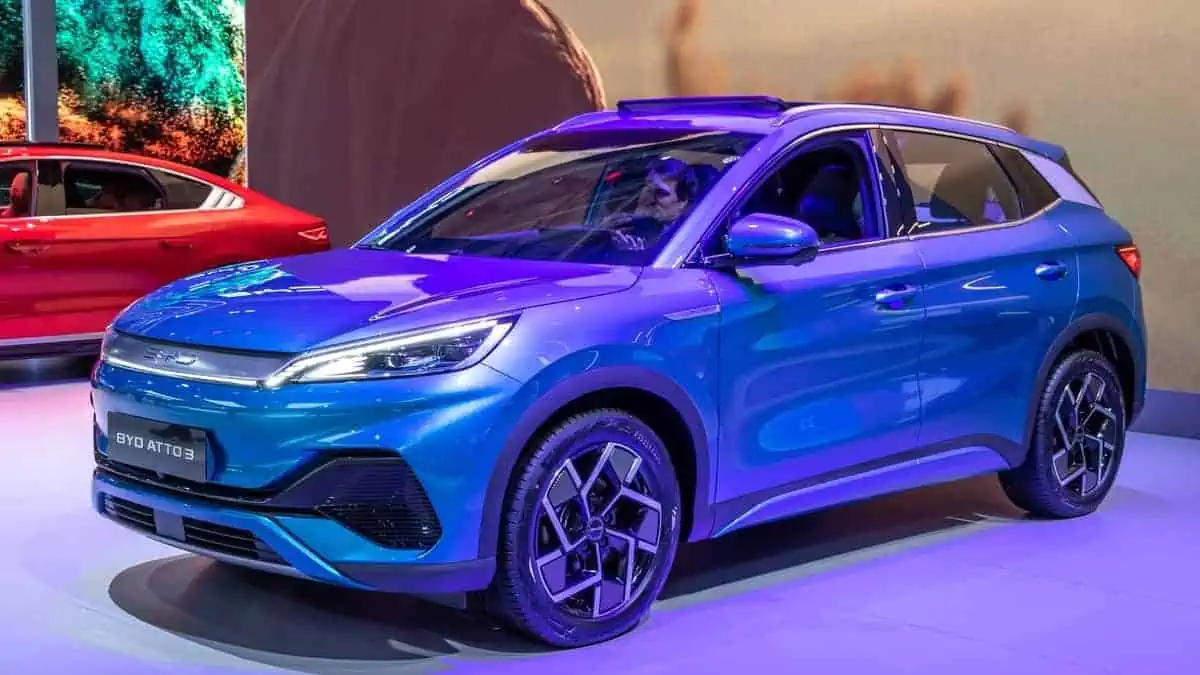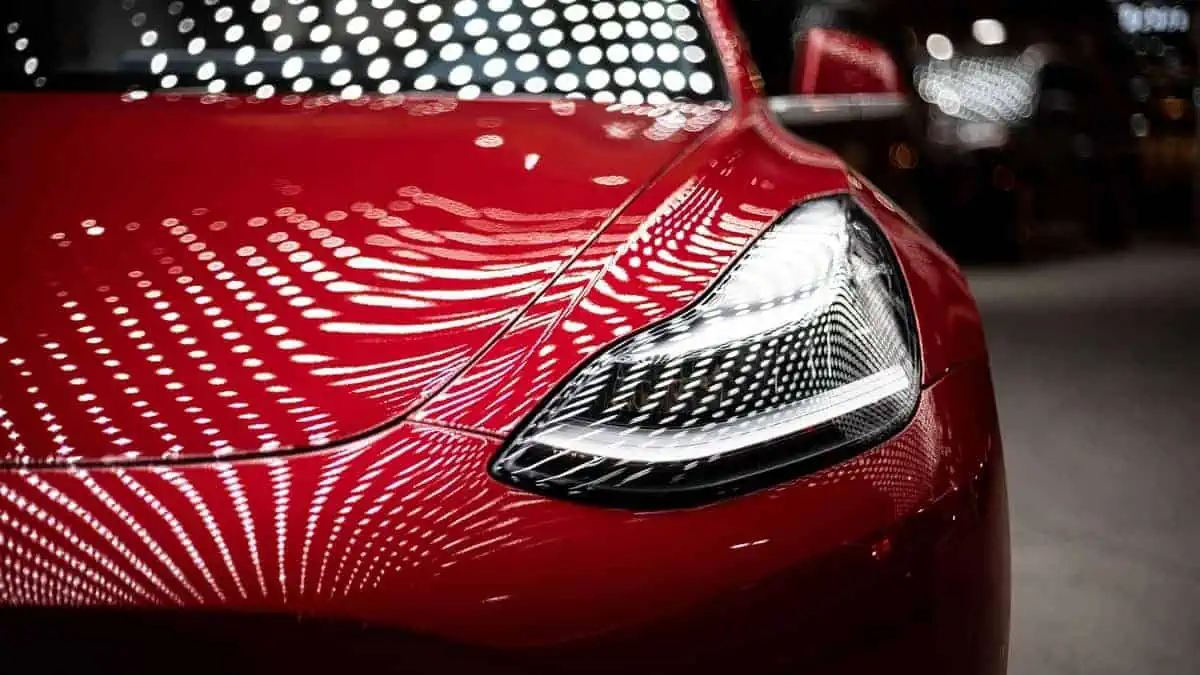As a result of the EV transition, the term “legacy automakers” emerged. It represents all companies that got their start with combustion engines decades earlier.
Newbies need their categorization, potentially because Tesla fans believe that only their beloved EV manufacturer challenges these older contenders.
That is not the case. Just look at BYD. If any automaker takes the place of others, it is the Chinese company, especially regarding factories.
BYD to buy two Ford plants
BYD was interested in purchasing two Ford plants, one in Brazil and one in Germany. The Brazilian unit was a manufacturing complex in Camaçari that produced the Ka, Ka Sedan, and EcoSport.
Ford killed these three models to focus on electric vehicles and more profitable products. The Focus is still produced at the Saarlouis plant in Germany, but an electric crossover or SUV should replace it.
BYD stated that the deal was not finalized when the first news broke in November 2022.
It appears that the company took three months to make a decision. According to Jorge Moraes of Uol Carros, BYD is the new owner of the Camaçari Industrial Complex, which will be officially announced in April.
Next week, a group of BYD engineers will visit the plant to fine-tune the new unit’s role in the company’s strategy and describe the Brazilian products.
In the Brazilian factory, BYD will have three plants: one for lithium and iron phosphate processing, one for bus and truck chassis, and one for passenger cars, including EVs and PHEVs.
It will initially produce 30,000 vehicles, but this number can be increased to 150,000 units. The factories will employ approximately 1,200 people, with the first two expected to begin production in October 2024. The car plant is scheduled to open in January 2025.
The most recent news regarding the Saarlous plant was that BYD would likely build its factory in Europe rather than purchasing the Ford unit.
BYD executive vice president Stella Li told Bloomberg that the company is not focused on buying anything.
It would instead find the best solution for its European factory. That must be related to negotiations.
The best solution for automakers
BYD will receive tax breaks in Brazil for purchasing the Camaçari Industrial Complex.
The German government is not providing the Chinese automaker the same benefits other countries have proposed.
When establishing factories, they offer enormous political benefits to governments (and elected officials) that successfully attract them.
That explains the auctions whenever an automaker needs to manufacture its products somewhere.
The “best solution” involves logistics, market size, and, most importantly, lowering production costs, which includes tax breaks.
Traditional automakers have historically opened factories not only to meet the demand for their vehicles. Most also bet on these car companies’ ability to grow with new products.
These plants were frequently born to produce them and did well for a time. However, a lot has changed since these factories first appeared.
These cars went through several generations before the market segment they represented became unappealing. That has happened with sedans, subcompact cars, and compact hatchbacks, among other vehicles.
Aside from that, automakers are constantly striving to increase productivity, which means they can produce more cars in less space.
Factories that could previously produce 150,000 vehicles can now have three times as many, often in smaller areas. This rendered other factories obsolete. It made no sense to update them to make other cars because they were already manufactured elsewhere, often at a lower cost.
BYD to produce the Song Plus DM-i
Tesla is already dealing with this with the factories it has recently opened. Giga Shanghai had to reduce production due to a lack of demand for the vehicles in the EV maker’s current lineup.
Tesla had to lower prices to increase demand, which “legacy carmakers” refer to as “buying market share.”
New factories make sense only with new products, which Tesla has been unable to present for years. One of the primary reasons that the 2023 Tesla Investor Day disappointed its intended audience was a lack of new products.
BYD did not make that error, and it is continuously expanding its product lineup. The new factories are a way for the company to produce locally in markets where it is beginning to enter with imported vehicles.
Rather than imposing whatever it has to sell, the Chinese automaker can use its portfolio to select the best models for each market. BYD plans to manufacture the Song Plus DM-i in its new factory in Brazil.
The plug-in hybrid SUV is the ideal size for the Brazilian consumer. It will almost certainly be flex-fuel, as are all cars manufactured in the country. After all, ethanol is carbon neutral and readily available at any gas station.
Tesla’s new Mexico factory may help the company enter new markets with which Mexico has free-trade agreements, such as Brazil.
However, the EV maker’s direct sales model (which some countries oppose), Tesla Service Centers, and its Supercharging network should keep that from happening indefinitely. New entrants may become legacy automakers with idle capacity issues sooner than anticipated.
See Also
- BYD plans to build another $1.2 billion EV battery plant in China, per filings
- Warren Buffett’s Berkshire Hathaway sells shares of BYD for $138.9 million
- Electric cars and ‘Fringe Benefits Tax’ exemption: Everything you need to know
- Ford to sell German ICE vehicle production plant
- Australia’s update EV prices range from the most affordable to the most expensive






